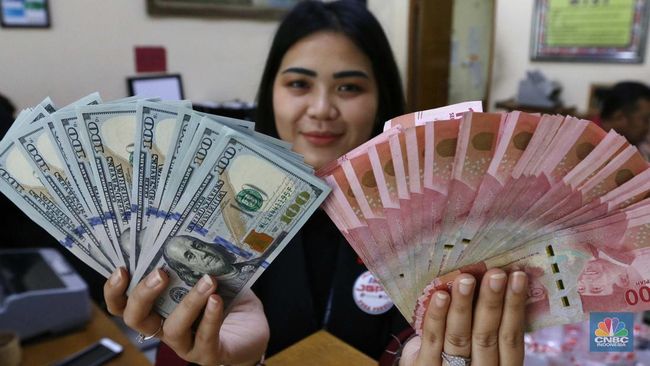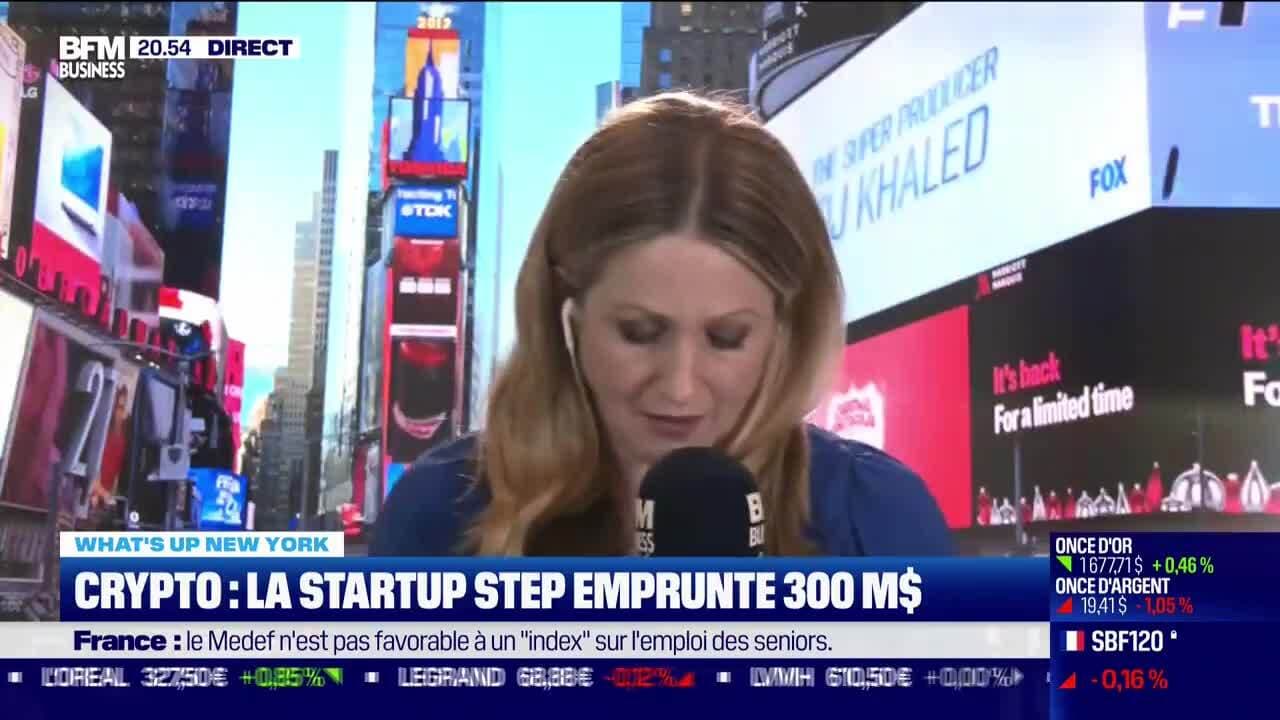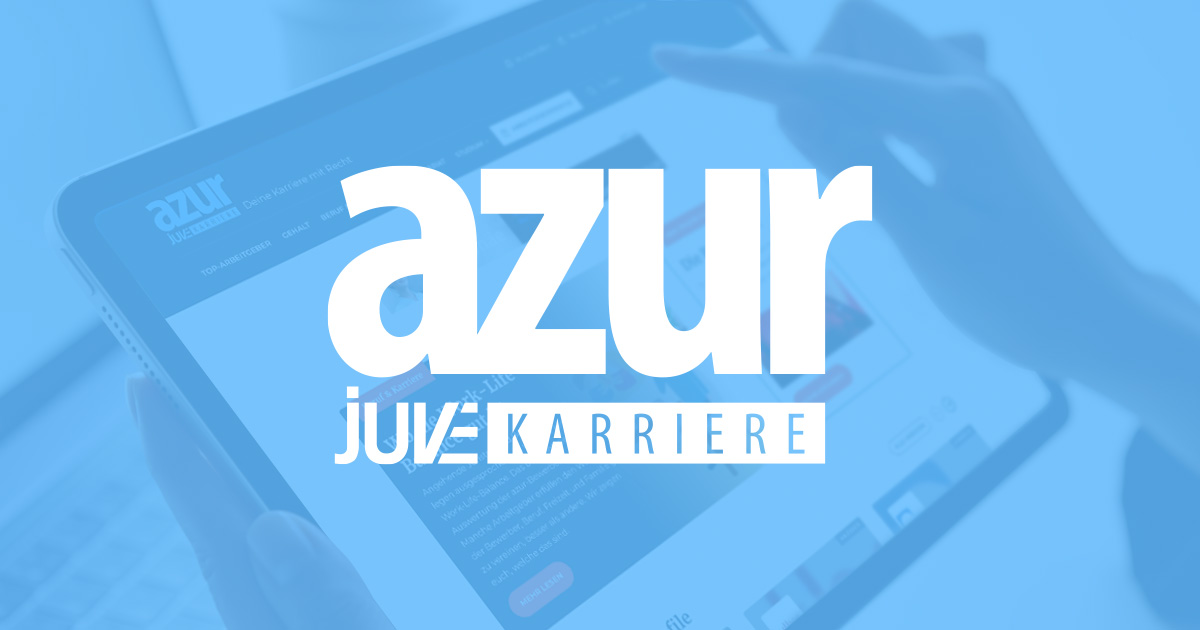Jakarta, CNBC Indonesia – The threat of a crisis affecting the world has become a frightening specter in the financial sector. So, for investors, cash is king during a recession or the popular term “cash is king”. Maintaining liquid assets is the primary step in securing a position.
As a result, investors often add liquidity to their portfolio strategies during times of financial uncertainty. However, overdoing it can have unintended consequences.
As consumers and investors, cash seems like a safe investment. Nominally, it is true. Holding cash will not suddenly plunge the value of your assets. But relying too much on money can reduce your ability to achieve your long-term goals.
ANNOUNCEMENT
Scroll to resume content
To learn more, consider the seven pros and cons of holding cash during a recession, cited by Forbes, Tuesday (11/10/2022).
1. Liquidity vs temptation
Pros: Cash means liquidity.
One of the biggest risks for people in recession is the threat of losing their jobs or exorbitant bills. With solid money in your pocket, it is easier to navigate uncertainty with greater confidence and knowing that you are financially prepared.
Cons: Cash provokes temptation
On the other hand, the main drawback of saving money is the temptation to spend it. When the recession hits and times are tight, you will be tempted to use your cash balance just for relief.
2. Interest rates vs inflation
Pros: Interest rates go up
We live in unique economic times. The reason is that the “ghost” of a recession can often come from lower inflation or even deflation. On the other hand, developed economies, such as the United States, are struggling with a four-decade high inflation record of 8.5% due to ongoing supply chain problems.
As inflation remained at record levels, the Federal Reserve reacted by raising interest rates.
With higher interest rates for your savings and money market accounts, this is good news for the “avid saver”.
Cons: Inflation is not falling
On the other hand, the world is still struggling with high inflation and inflation is eating your money. Even if your savings account increases in interest by 2%, 3% or even 4%, your money still evaporates.
For example, Americans still lose 8.5% of their purchasing power due to inflation. If inflation in Indonesia is above 5% this year, then it’s a nominal percentage that will erode your savings.
That is, holding liquidity during a recession is equivalent to losing purchasing power.
3. Minimum risk vs guarantee limit
Pros: Cash is low risk
Unlike stocks, cryptocurrencies, and other investment tools, most cash accounts offer insurance to protect your cash. In Indonesia, your savings are guaranteed by the Deposit Insurance Corporation (LPS).
Cons: Warranty limit
The longer you hold cash in your bank account, the more likely you are to eventually run into arrears. If you deposit more than the limit and the institution suffers a loss, you may run out of remaining balance.
It should be remembered that the amount of savings or deposits guaranteed by LPS is IDR 2 billion for each client of a bank and has an interest rate that does not exceed the interest rate of the LPS guarantee. This means your savings remain at risk.


